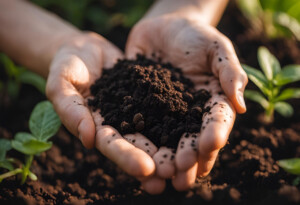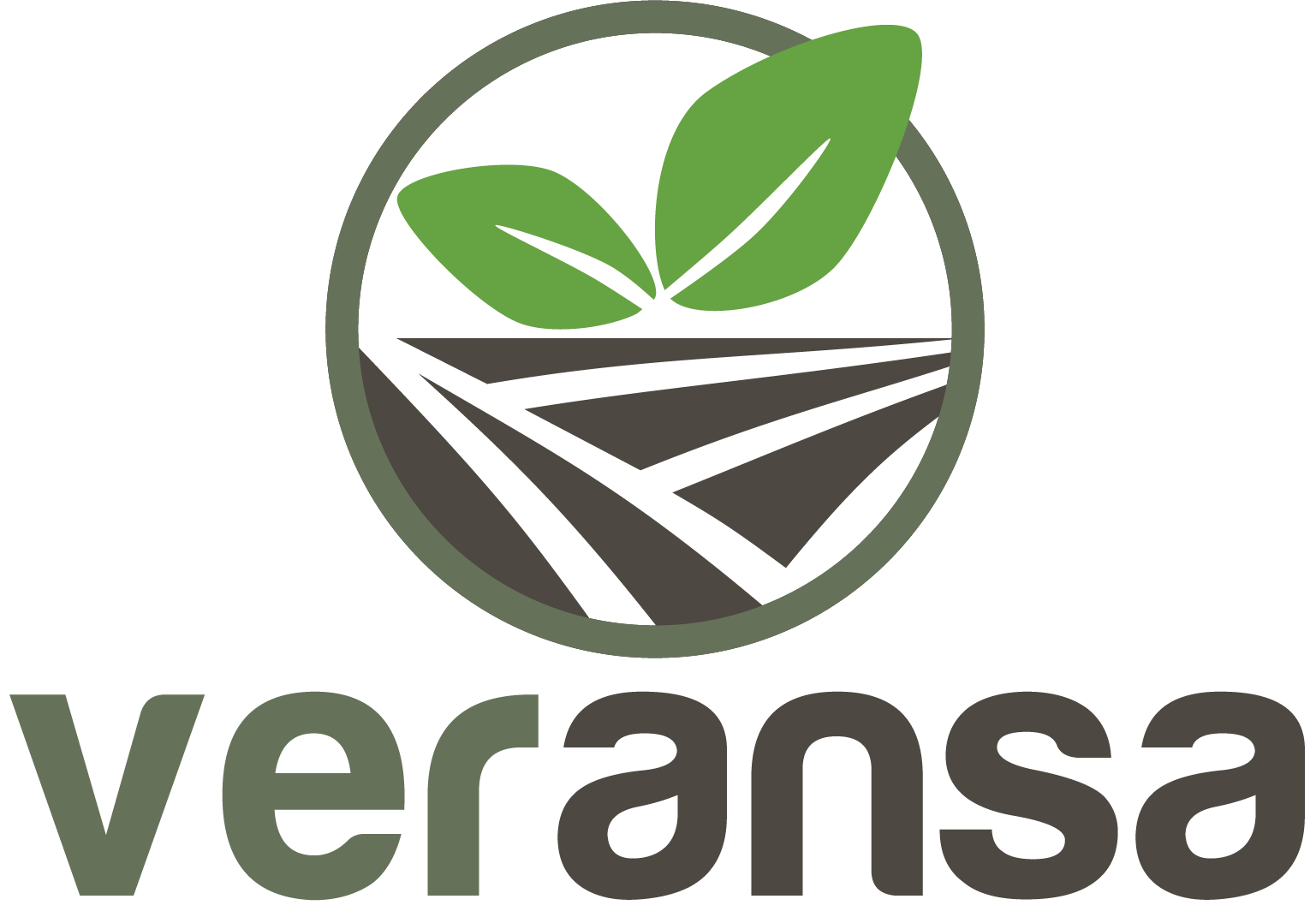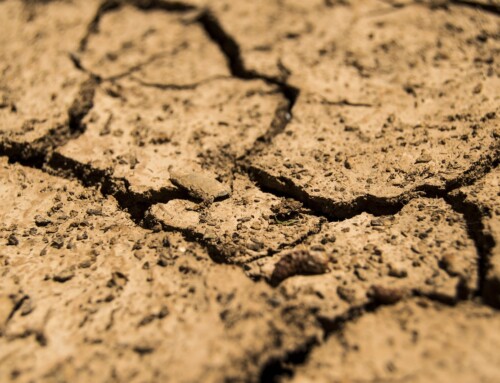Sustainable agriculture is the foundation of a future where food production thrives in harmony with the environment. One of the most impactful practices supporting this vision is composting. By transforming organic waste into nutrient-rich compost, farmers and landscapers not only improve soil health but also contribute to a circular economy that reduces waste and greenhouse gas emissions.

Healthy soil is at the heart of sustainable agriculture. Soil rich in organic matter supports plant growth, improves water retention, and reduces the need for synthetic fertilizers. Composting plays a vital role in this process by replenishing soils with essential nutrients and fostering a thriving microbiome. These microbes—bacteria, fungi, and protozoa—enhance soil structure, break down organic materials, and increase nutrient availability for crops. This natural process reduces dependency on chemical inputs, which can degrade soil health over time. High-quality compost, such as
Veransa Prime, goes a step further by offering a meticulously tested, carbon-rich product that ensures consistent results and long-term soil vitality.
Composting also supports environmental sustainability by diverting organic waste from landfills. In the U.S., over 30% of waste sent to landfills is organic material, such as food scraps and yard debris. When this waste decomposes in landfills, it generates methane, a potent greenhouse gas. Composting provides an alternative, capturing the potential of this waste and converting it into a valuable resource. With Veransa Prime, you can trust that every batch is created from inspected, clean green waste and pre-consumer food waste—free of biosolids or animal byproducts—offering both environmental benefits and peace of mind.
The benefits of composting extend beyond individual farms. By improving soil health, composting contributes to climate resilience. Healthy soils store more carbon, helping mitigate the effects of climate change. Additionally, soils rich in organic matter retain water more effectively, reducing the impacts of droughts and floods—an increasingly important feature in the face of unpredictable weather patterns.
Veransa Prime, with its ideal 20:1-25:1 carbon-to-nitrogen ratio, is designed to boost soil fertility while supporting critical soil biology, making it an essential tool in building climate-resilient farming systems.
Adopting composting practices also makes economic sense. Compost reduces the need for expensive chemical fertilizers and increases crop yields by enhancing soil fertility and resilience. Over time, these cost savings and improved productivity can significantly boost the bottom line for farmers and landscapers alike.
At the community level, composting fosters a sense of environmental responsibility. Programs that encourage composting among households and businesses can create a closed-loop system where waste is minimized, and valuable nutrients are returned to the soil. Such initiatives strengthen local food systems, reduce transportation emissions, and support sustainable urban and rural development.
As we look to the future, innovations in composting technology and processes are making it easier than ever to adopt these practices. High-quality compost, like
Veransa Prime, exemplifies the potential of controlled, repeatable processes that ensure a consistent and reliable product. With rigorous standards and third-party testing, composting is evolving into a science-backed solution for agricultural and environmental challenges.
Sustainable agriculture is not just a goal; it’s a necessity for future generations. Composting offers a practical, proven pathway to achieving this vision by improving soil health, reducing waste, and fostering resilience against climate change. Whether you’re a farmer, landscaper, or concerned citizen, composting is a step toward a healthier planet and a more sustainable future.
The Veransa Group manufactures and sells quality organic compost, mulch and premium turf products.




